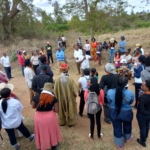
“What do we do? How do we survive? How do we avoid burning out?” These are the questions troubling thousands of communities living under the harsh realities of climate change. From scorching dry weather, rising sea levels, poor crop yields, and recurrent flooding to exposure to hazardous chemicals polluting the air they breathe.
For years, climate-centered organisations have often been tempted to prescribe ready-made, top-down solutions. Armed with technical expertise and driven by a genuine human desire to help, many of these interventions are designed far from the communities they aim to serve. Yet, the lingering question remains: “how impactful and sustainable have such interventions truly been?”
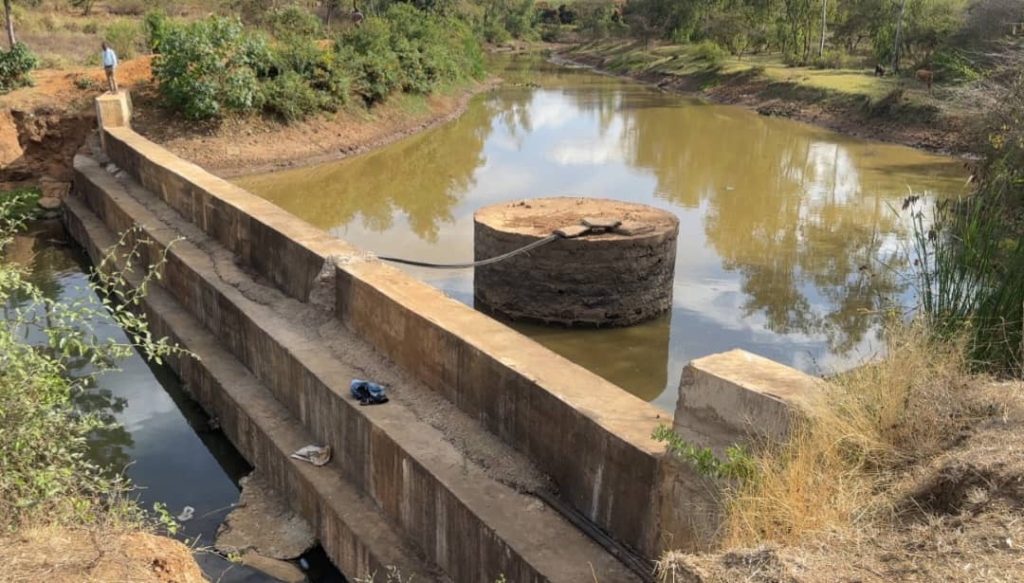
This is the very question the Climate and Development Knowledge Network (CDKN) – one of the climate-centered initiatives run by SouthSouthNorth- set out to answer as it wraps up the third phase of its five-year program and begins charting a new path forward.
SouthSouthNorth, is a climate change-centered organisation that supports national and regional climate change responses through policy and knowledge interventions, partnerships, and deep collaborations.
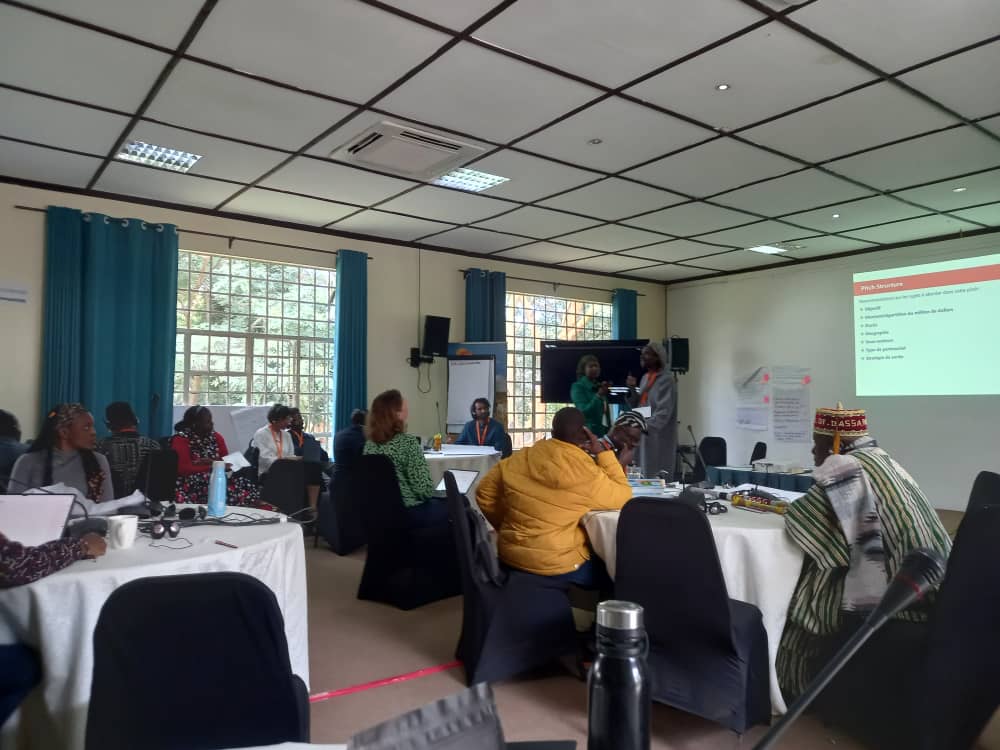
From the 24th to 28th of August, 2025, 45 participants, made up of Country Programme Managers and Local Partners from Asia and Africa, gathered at the Lukenya Getaway Resort, located at the outskirts of Kenya’s capital, Nairobi, to reflect, share, and learn from each other.
Countries represented included Ghana, Namibia, Sudan, South Sudan, Cameroon, Mozambique, India, Benin, Senegal, Côte d’Ivoire, Kenya, among others.
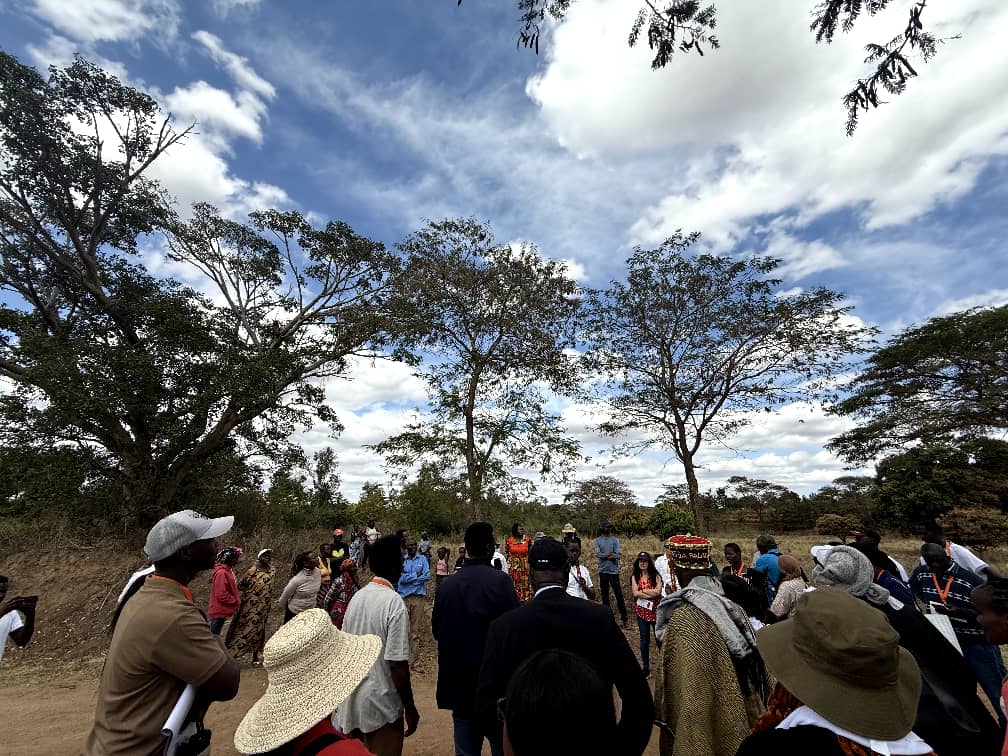
Over the four days of activity-based dialogues, group works, plenary sessions and field visits, participants deepened their appreciation for the transformative role of Locally Led Adaptation (LLA), a model that demonstrates sustainability, ownership and the blending of indigenous knowledge with scientific knowledge to co-create lasting impact.
Stories from the Ground
Each country team shared unique lessons from their projects. From Bangladesh, participants highlighted the provision of modern sanitation facilities to combat flooding and its associated health challenges. From Cameroon and Benin came powerful testimonies on forest and environmental conservation.
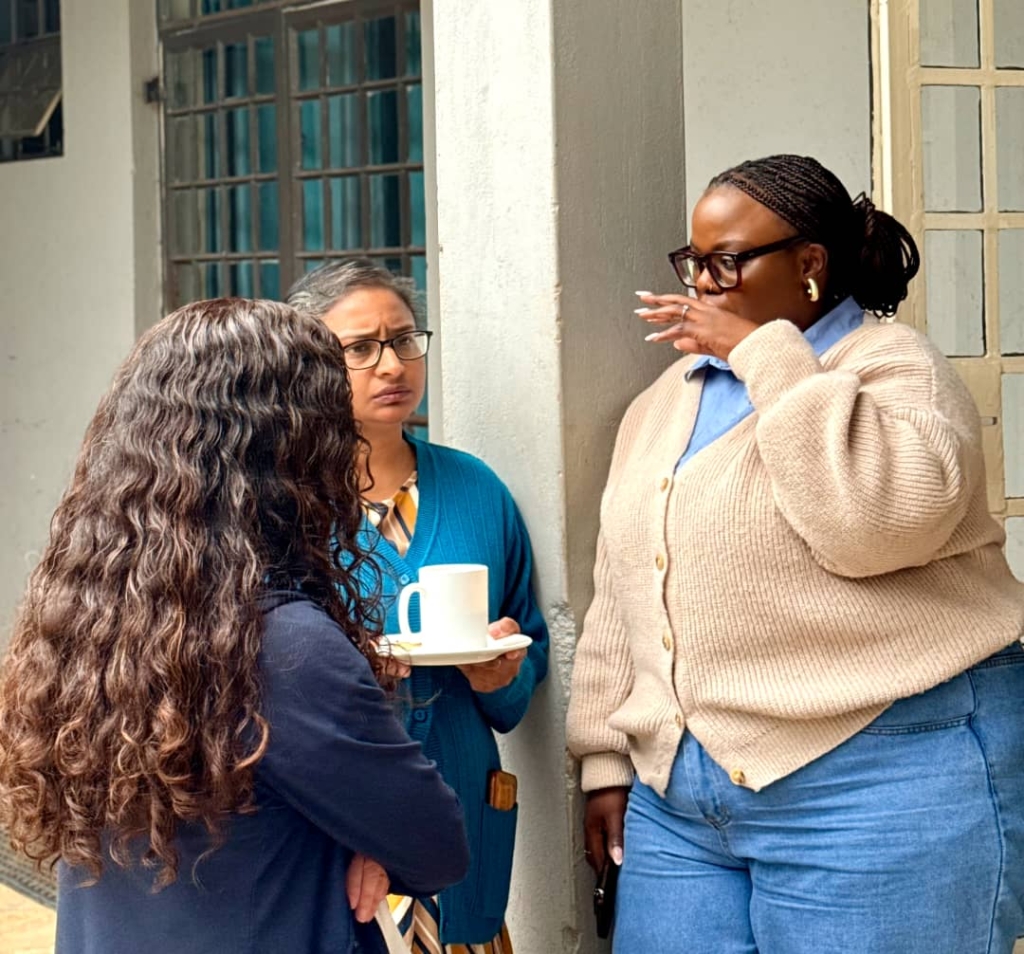
Ghana’s team shared how research and science are driving climate awareness and education, equipping citizens with evidence-based data to take meaningful action.
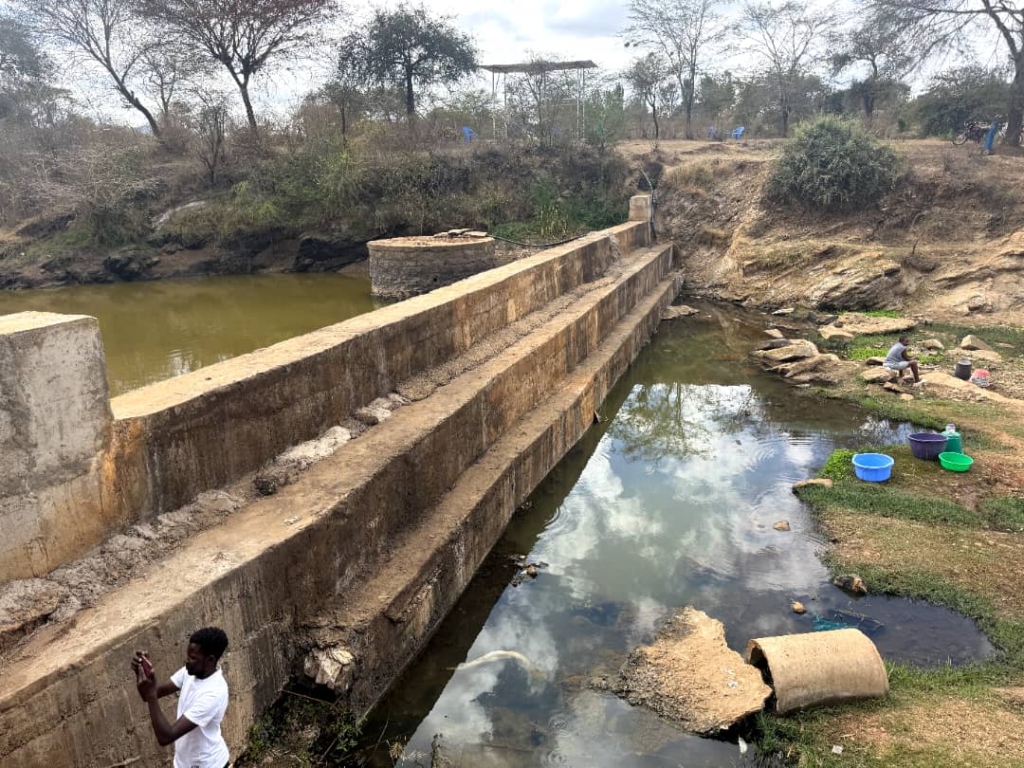
A site visit to Mwala-Mukatano, a sub-county of Machakos County in Kenya, offered perhaps the most compelling evidence of the power of LLAs. Here, participants witnessed how community-led solutions could directly transform lives.
Machakos has long struggled with erratic rainfall, which devastated vegetable farming and threatened food security. But with support from a government-backed climate loan, residents constructed a simple yet ingenious system: a stone wall built across a river to store water during the rainy season, channeling it into a large reservoir.
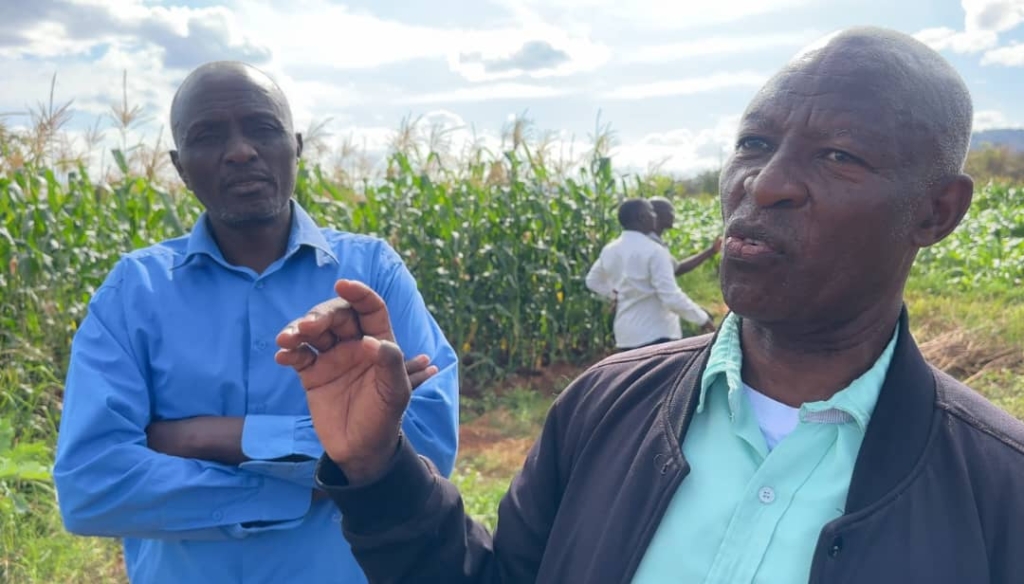
According to the Chairman of the Ward Climate Change Planning Committee in Mwala-Mukatano, Pastor James Mawia, over 5,000 community members benefit from this system today. The facility ensures a steady supply of irrigation water even during the dry months for dozens of communities located along the riverbank.
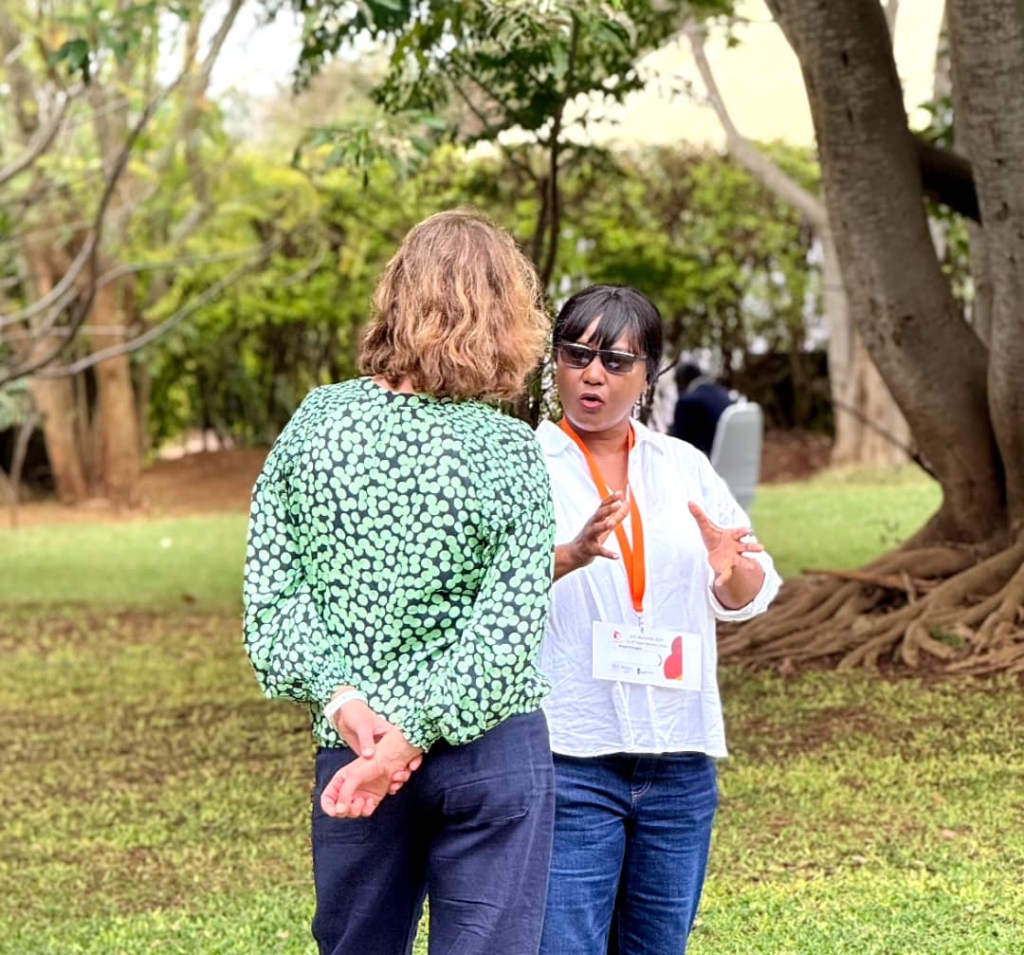
Under the guidance of the Ward Climate Change Planning Committee – Kenya, a gender and social inclusion (GESI)-responsive local Project Management Committee was established to oversee implementation, maintenance, and sustainability.
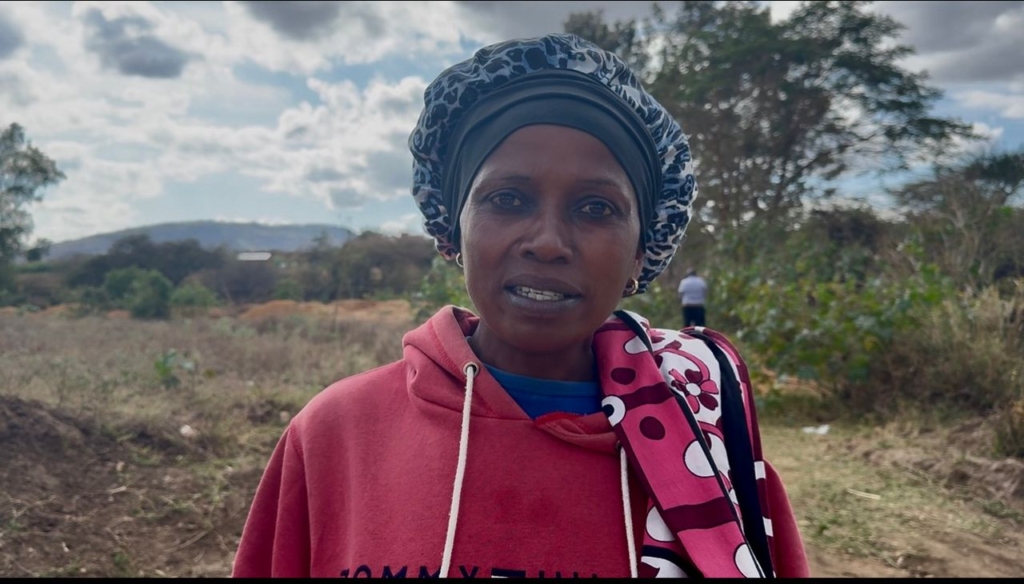
For farmers like Jacqueline Kambua who is also a member of the Project Management Committee, the impact has been life-changing.
“We barely had vegetables to cook, let alone to sell during the dry season. But now, we don’t have to worry. We are always growing and harvesting. It’s a great relief,” she told JoyNews’ Editor, Emefa Ewoenam Atiamoah-Eli.
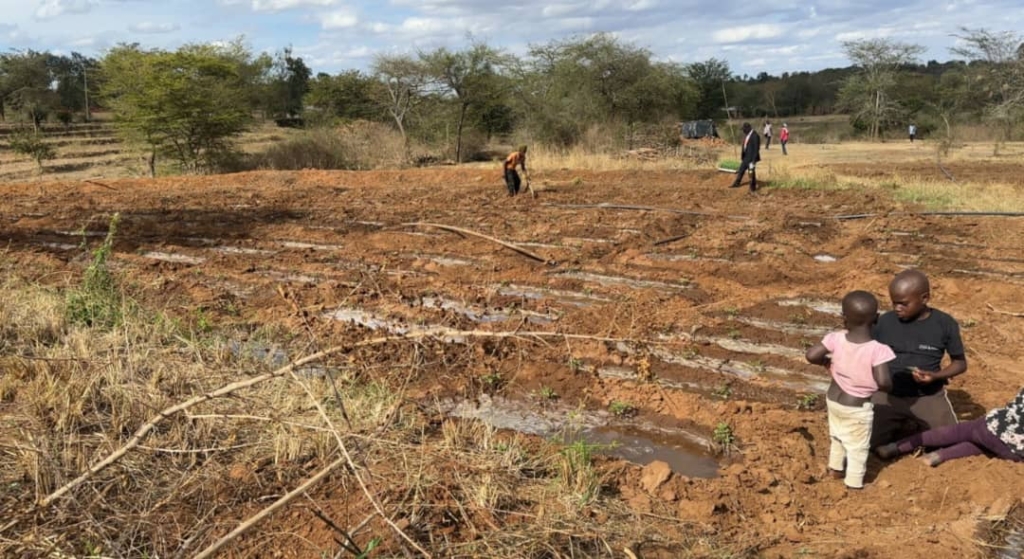
Youth in the community have also found renewed purpose. One young farmer, also a committee member, explained:
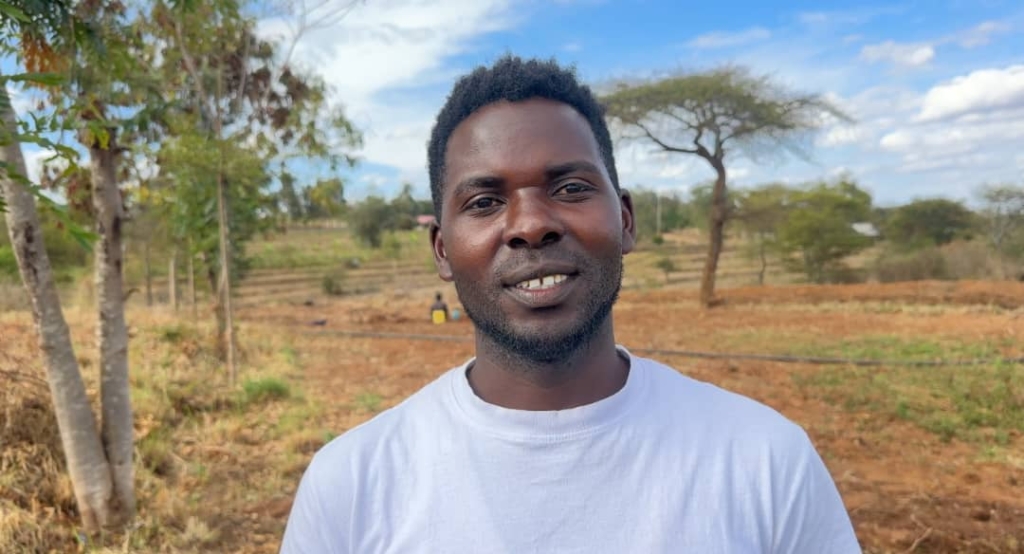
“During the dry season, we were always idle. But now, we’re constantly busy irrigating and harvesting. With water available, there’s no excuse to sit around; we always have work to do.”
Looking Ahead
Stories like that of local communities in Kenya’s Machakos County have prompted program implementers, particularly those at SouthSouthNorth, to ask: “How can we harness and replicate such effective strategies to sustain hundreds of climate initiatives worldwide and ensure a true legacy?”
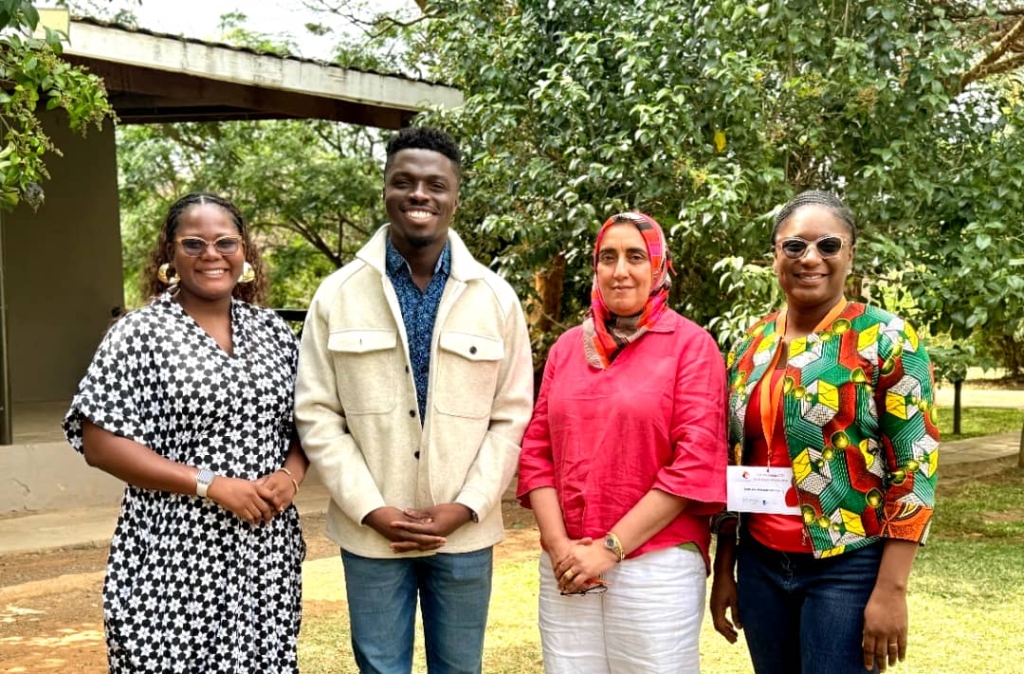
The Nairobi gathering was both a learning exchange and pathway for collaborators. Participants explored how to strengthen sustainable climate financing, empower grantees to pitch LLAs effectively to funders, co-create interventions with communities, and elevate grassroots solutions to influence national and global policy.
The collective vision is clear: to reshape and re-scope strategies so that communities are not just recipients of aid but leaders of adaptation, building resilience against climate change from the ground up.